5 Books on the Circular Economy
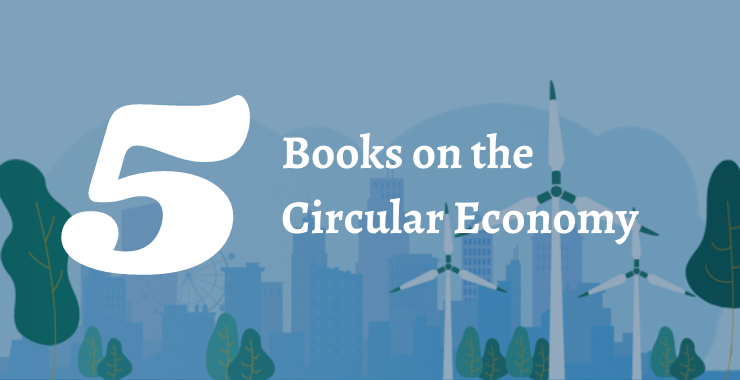
Sustainability should be at the forefront of our efforts as a society to ensure that we are maintaining healthy environments and reducing waste. A circular economy is an economic system based on regenerating natural resources and systems and eliminating waste and pollution. How can we make efforts to widely implement this type of system? Where and how can we start? Here are 5 books that will help you dive into this regenerative process.
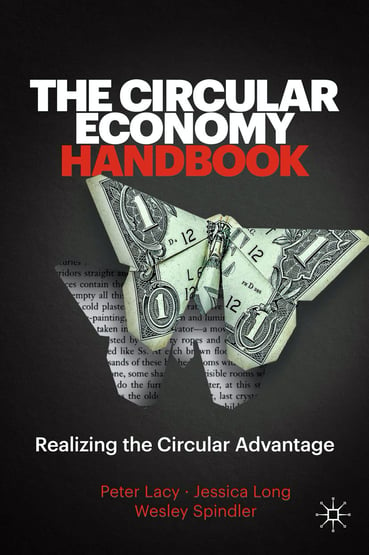
-
The Circular Economy Handbook: Realizing the Circular Advantage
By Peter Lacy, Jessica Long, Wesley Spindler
In a world that is constantly growing and demanding more, how can we implement sustainability to address our planet’s needs? With technological innovation, social and environmental challenges, and growing tensions, it is important that businesses and leaders make changes accordingly. By disrupting the current economic system, we can secure a circular economic advantage.
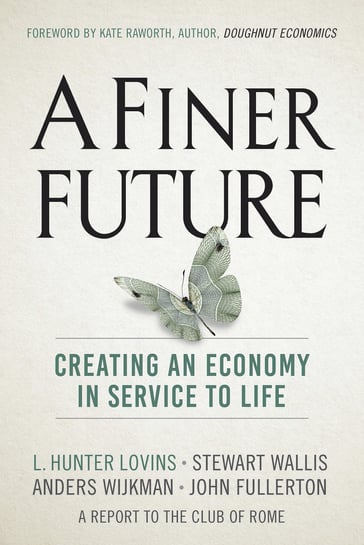
-
A Finer Future: Creating an Economy in Service to Life
By L. Hunter Lovins, Stewart Wallis, Anders Wijkman, John Fullerton
From global warming to human rights issues, the world as we know it is going through turmoil in all of its corners. Through a regenerative economy, technology, and policy, leaders around the world can work together to make a world that “works for people and the planet”.
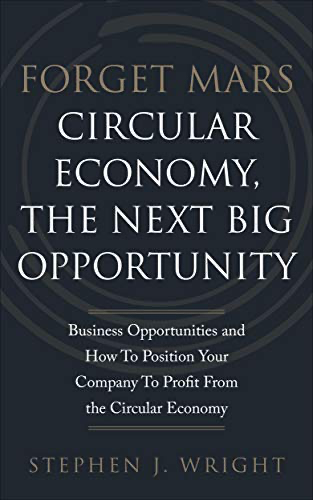
-
Forget Mars: Circular Economy, The Next Big Business Opportunity
By Stephen J. Wright
Stephen J. Wright addresses the earth’s issues, and urges companies and businesses to transition to eco-friendly, sustainable practices. What are the key benefits of a circular economy? How can we change the way we buy, manufacture, sell, and market? Wright explores these topics, and provides examples and an action plan to create a more sustainable future for businesses.
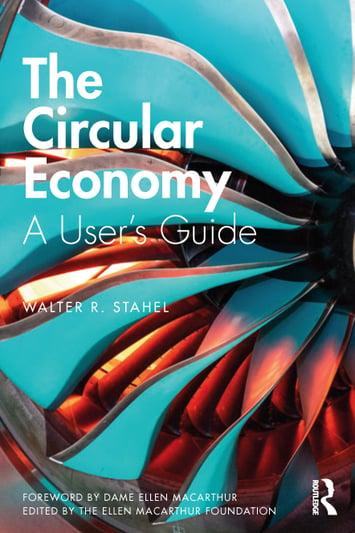
-
The Circular Economy: A User’s Guide
By Walter R. Stahel
Circular economies are meant to rebuild and offer opportunities. Walter R. Stahel looks at how we can ensure sustainable development in different sectors, communities, and levels. Business and political leaders alike cna learn how a circular economy can positively benefit and affect human, social, economic, and ecological issues.
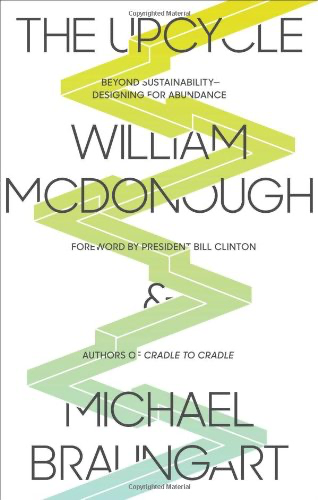
-
The Upcycle: Beyond Sustainability -- Designing for Abundance
By William McDonough and Michael Braungart
A follow-up to Cradle to Cradle, McDonough and Braungart envision the next steps in finding a solution for our ecological crisis. By implementing circular economy ideas, we can improve the natural world, not just reuse and recycle it. It’s not just about protecting the environment from human-use. It’s about finding ways to adapt human use for the benefit of our planet.
Systematic change and design look to innovate our futures and change our lives for the better. From the way we conduct business to the way we impact our environment, major players in various industries are committing to change. Net Impact is dedicated to making an impact and creating change in a variety of sectors. Learn more about how you can get involved through our chapters and events.


-Aug-09-2024-03-37-40-2466-PM.jpg?width=352&name=worms-eyeview-of-green-trees-957024%20(1)-Aug-09-2024-03-37-40-2466-PM.jpg)

